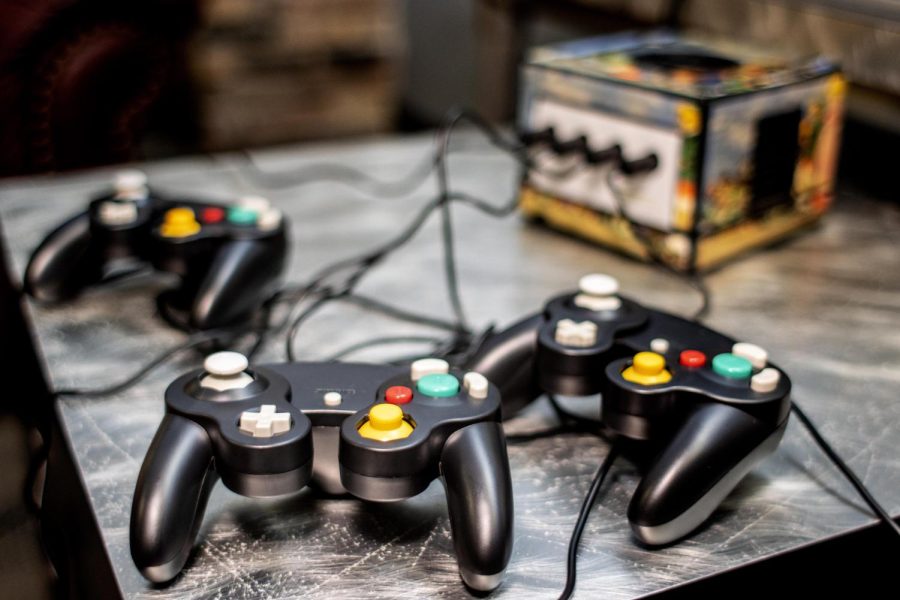Diagnose your relationships with others
February 6, 2020
I’ll often find myself in the midst of these longstanding friendships or “situationships” and assess how I acquired the feelings that I have. Giving yourself some distance from those people makes this easier, whether it’s your choice or it’s forced upon you by them. You’ve got to diagnose the problems in your relationships.
I realize that using the word “diagnosing” cheapens me (and the rest of us) down to computer-like beings, but the process I’ll share with you is a bit like diagnosing a virus in your laptop.
Once upon a time, I lost my identity through losing a close friendship. At this time, I was young and naïve and didn’t have faith in myself. I felt as though my friend made up more than 90 percent of my personality — that we were a package deal. I didn’t know how to navigate the world without them.
Back then, I didn’t have the emotional intelligence to evaluate why I felt the way that I felt — I didn’t grip the idea that we’d grown apart significantly. I didn’t understand that I feared my dependence on them and the power I felt they had over me, owning half of my identity and all.
The thing is, most people treat social relationships and interactions as this sort of transactional thing. And— I’m sure like a lot of you —I don’t. I like to share a lot of myself, if given the chance and the comfortability to do so, and while I don’t expect the same out of others, I’d appreciate it. There’s a problem with that.
You can’t give and give and give yourself to people and not get anything back. It’s exhaustive and damaging.
In that respect, I guess social/emotional interactions are transactional.
If you spend all your emotional dollar bills, you’re left broke.
Every few months, I like to reflect on my friendships (“situationships,” if there are any) and try to suss out the balance in the relationship. Chances are, if I feel like I’m giving too much, I back off. This doesn’t necessarily mean I’m fronting all the work (e.g. I’m texting first, taking on their problems, giving them all my time, etc.). Actually, for me, sometimes I’m sharing too much of me — my internal thoughts in excess — and I’m getting nothing in return.
If somebody wants to listen to me, then by all means, that’s fine.
Sometimes my anxiety and depression get in the way, though, and I have a very difficult time understanding why someone would put themselves in that position for me. Why would I be worthwhile?
When diagnosing your connections to others, it’s important to try your hardest to push through those internalized negative thoughts and decipher what you value out of these relationships. If you decide something is healthy or toxic for you, or for the other person, maybe distance is best. As hard as distance can be, it may be worth it in the long run.
Megan Keane is an English and psychology major. She can be reached at mkkeane@eiu.edu.

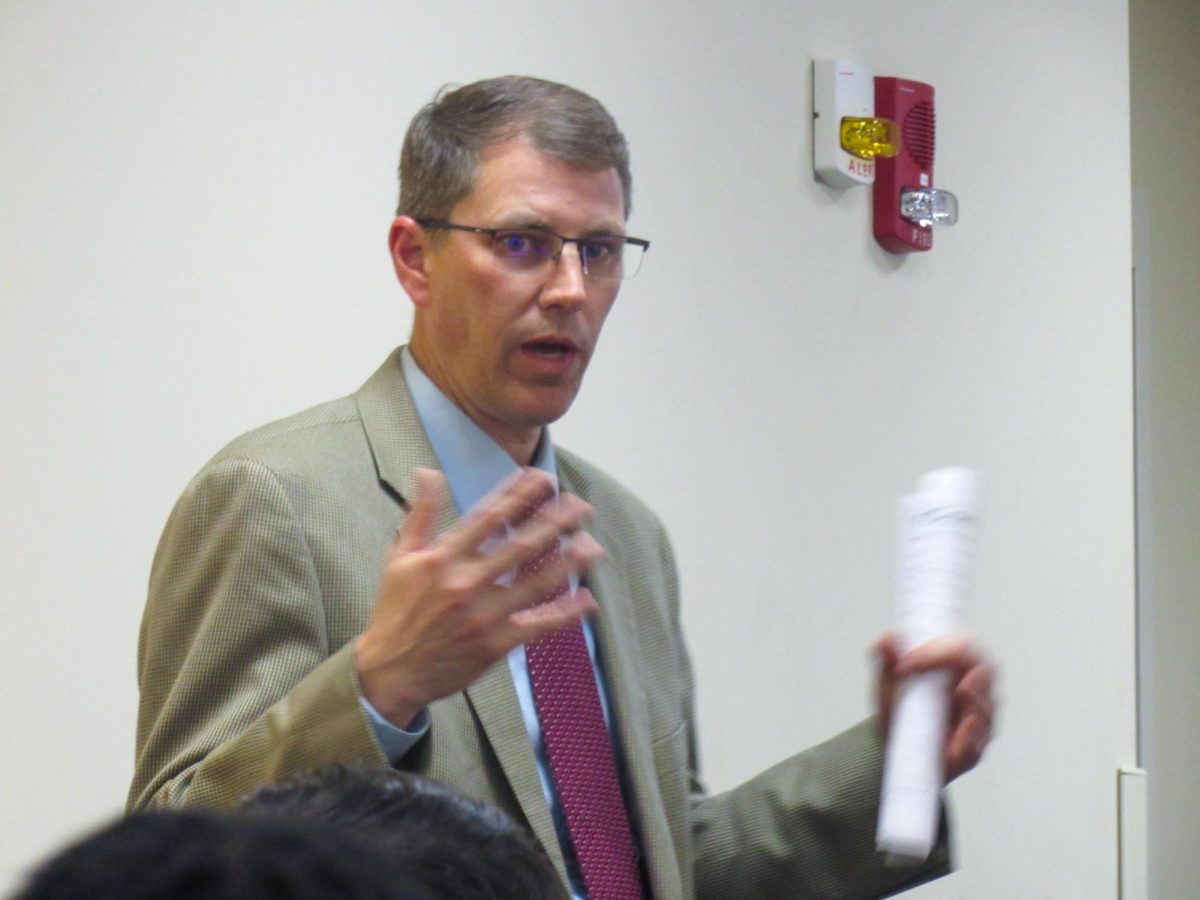
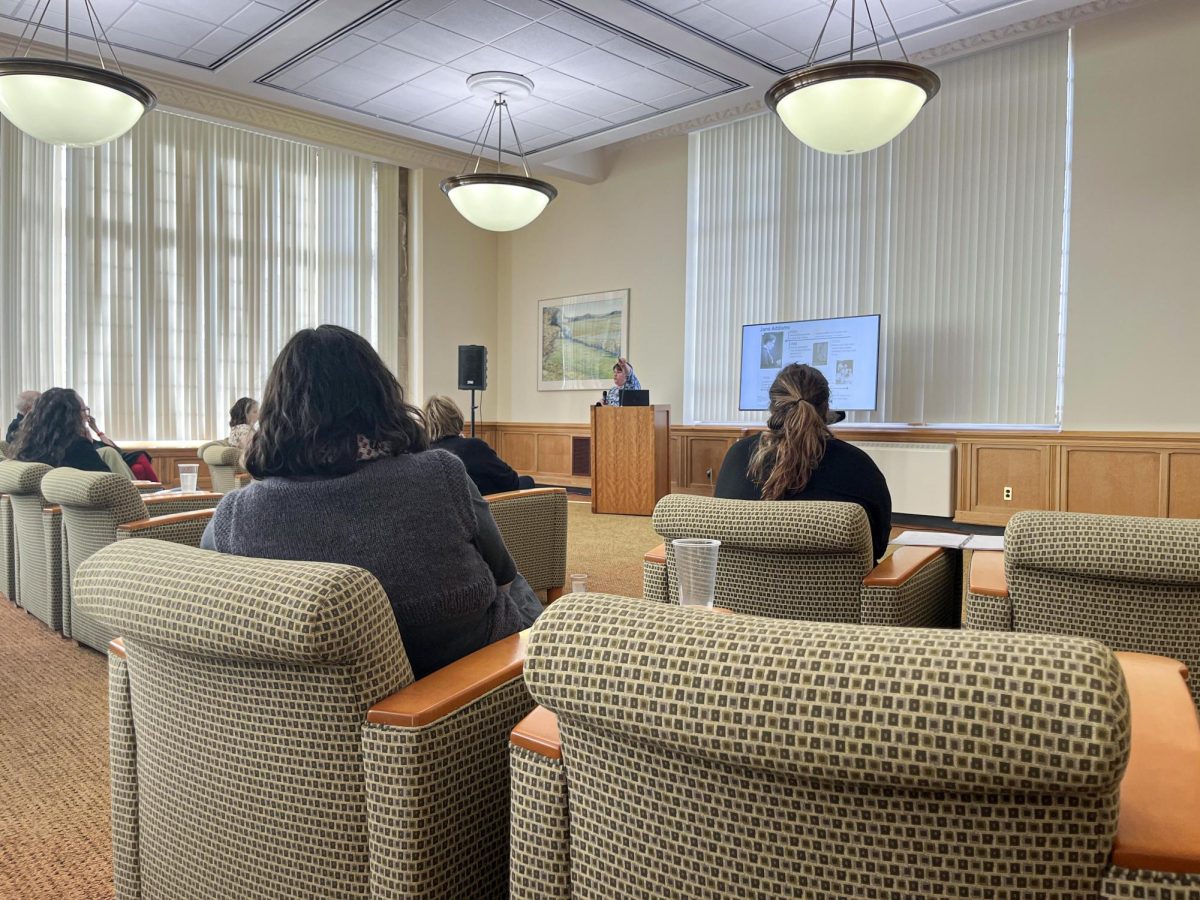

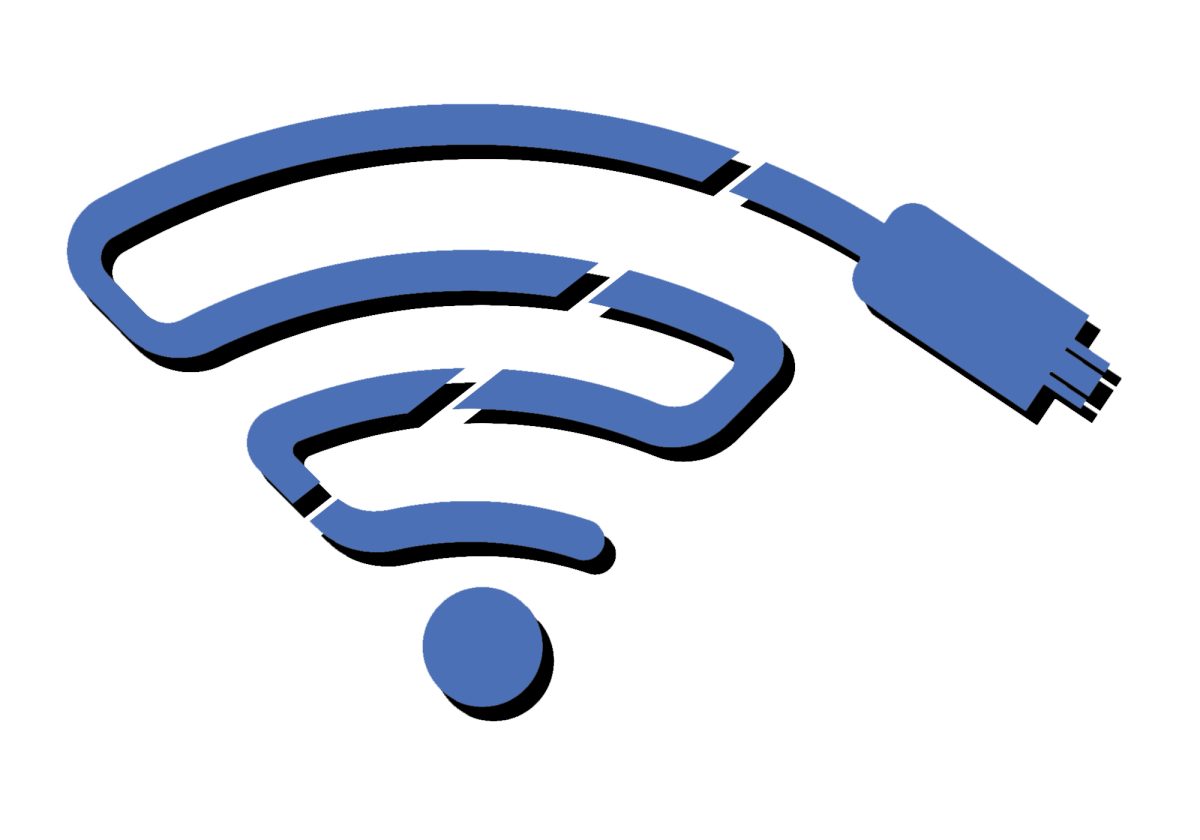




![[Thumbnail Edition] Eastern Illinois University baseball's hitting coach and recruiting coordinator Mike Pugliese urges players on the team to increase their effort after a slow start to its pregame routine at the team's first intrasquad scrimmage of the season at O'Brien Field on Jan. 31, 2025.](https://www.dailyeasternnews.com/wp-content/uploads/2025/03/BB_02_O-1-e1741909628540-1200x702.jpg)
![[Thumbnail Edition] Senior tennis player Luisa Renovales Salazar hits the tennis ball with her racket at the Darling Courts at the Eastern Illinois University campus in Charleston, ILL.](https://www.dailyeasternnews.com/wp-content/uploads/2025/03/Tennis_01_O-1-e1741807434552-1200x670.jpg)
![[Thumbnail Edition] Senior right-handed pitcher Tyler Conklin pitching in the Eastern Illinois University baseball team's intrasquad scrimmage at O'Brien Field in Charleston, Illinois on Jan. 31.](https://www.dailyeasternnews.com/wp-content/uploads/2025/03/TC_01_O-e1741567955534-1200x669.jpg)




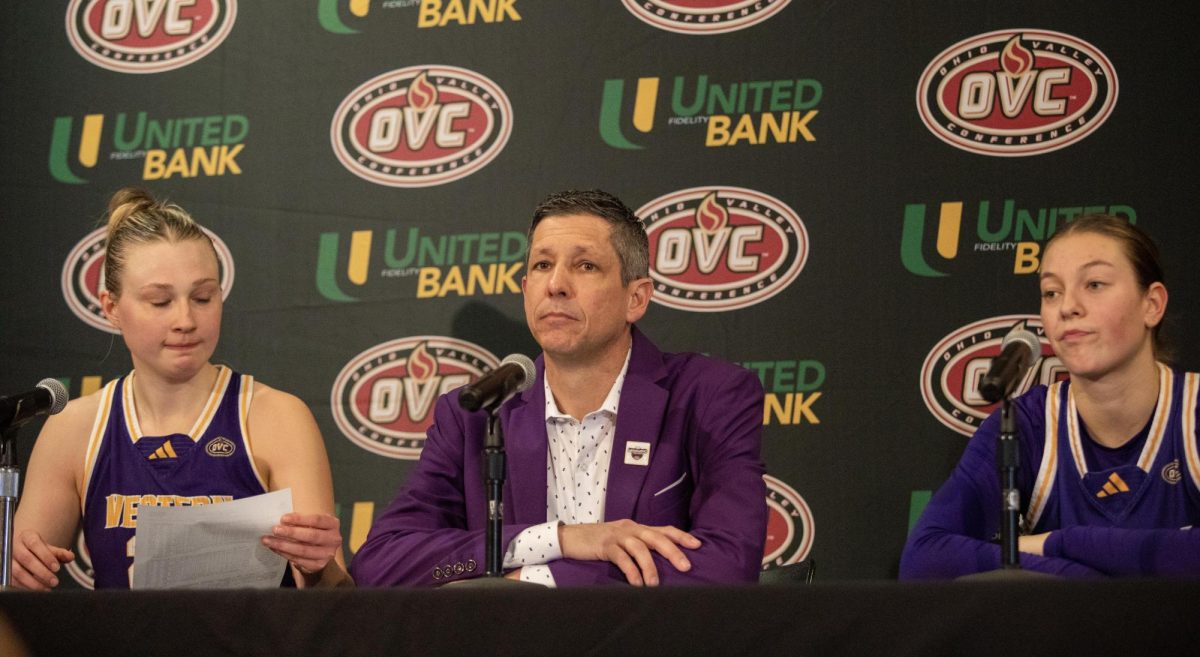
![[Thumbnail Edition] Senior, forward Macy McGlone finds an open teammate to pass the ball too during the game against the Tennessee State Tigers 69-49, in Groniger Arena on the Eastern Illinois University campus, Charleston Ill.](https://www.dailyeasternnews.com/wp-content/uploads/2025/03/WBB_02_O-1-e1741228987440-1200x692.jpg)


















![E[Thumbnail Edition] Eastern Illinois softball freshman utility player Abbi Hatton deciding to throw the softball to home plate in a fielding drill during softball practice at the field house in Groniger arena on Tuesday Feb. 11.](https://www.dailyeasternnews.com/wp-content/uploads/2025/03/SB_03_O-e1741208880750-1-e1741209739187-1200x815.jpg)

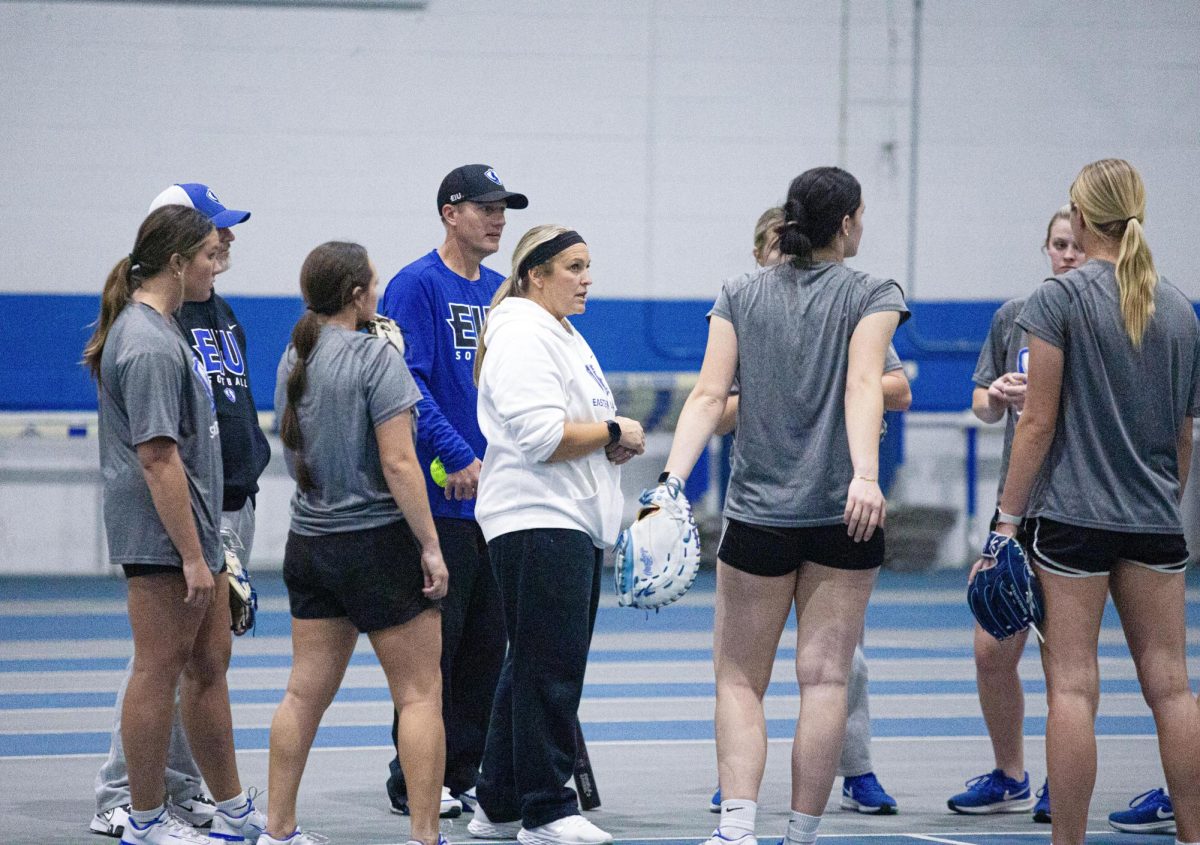













![The Weeklings lead guitarist John Merjave [Left] and guitarist Bob Burger [Right] perform "I Am the Walrus" at The Weeklings Beatles Bash concert in the Dvorak Concert Hall on Saturday.](https://www.dailyeasternnews.com/wp-content/uploads/2025/03/WL_01_O-1200x900.jpg)
![The team listens as its captain Patience Cox [Number 25] lectures to them about what's appropriate to talk about through practice during "The Wolves" on Thursday, March 6, in the Black Box Theatre in the Doudna Fine Arts Center in Charleston, Ill.](https://www.dailyeasternnews.com/wp-content/uploads/2025/03/WolvesPre-12-1200x800.jpg)










